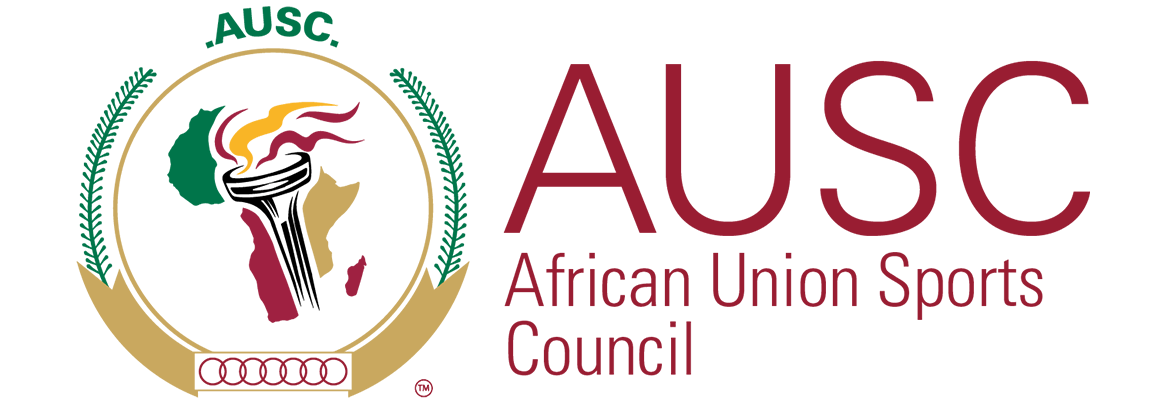Facts & Figures
According to the African Union strategy on Gender Equality and Women’s Empowerment (GEWE) 2018-2028 the root causes for gender inequality are manifold. Girls and young women in Africa are increasingly affected by inequality and the lack of economic and development opportunities.
The COVID-19 pandemic has further worsened the socio-economic participation of young people, the feminization of poverty has worsened and gains already made in gender equality have been set back. Patriarchal norms that result in economic, legal, political, and social discrimination against women and girls are reflected at individual, household, community & organizational levels, and in the public arena. Women in conflict areas are particularly at risk of displacement, violence and rape. Furthermore, climate change has a greater impact on women as they are most reliant on natural resources for their livelihoods.
The introduction of digital teaching formats has further increased the gender digital divide in sub-Saharan Africa. The risk of sexual and gender-based violence (SGBV) against women and girls has increased globally due to the impact of the pandemic (e.g. domestic isolation, unemployment and loss of income) and is one of the most pressing issues also facing African societies. There is a lack of innovative educational formats that challenge discriminatory gender roles, promote the strengthening of self-confidence in girls and young women and the development of a positive image of masculinity in boys and young men. Under “Our vision” you can see how we want to use sport as an innovative tool for transformational change with regards to gender inequality.





